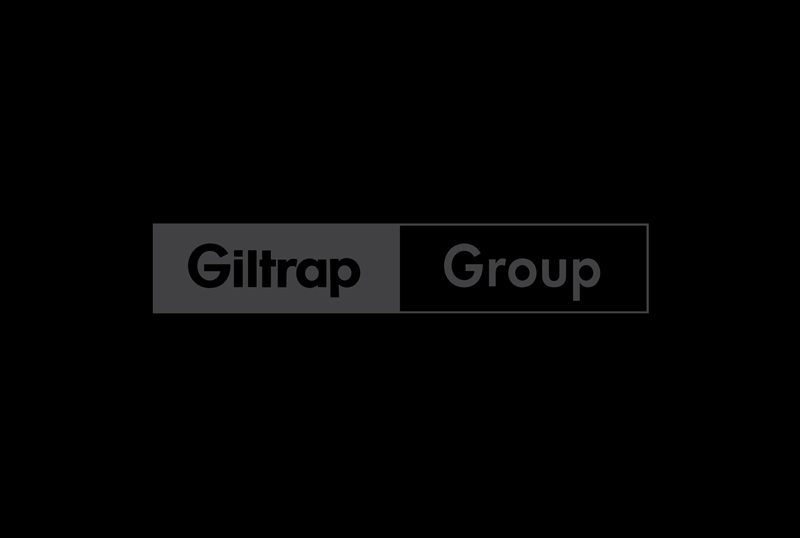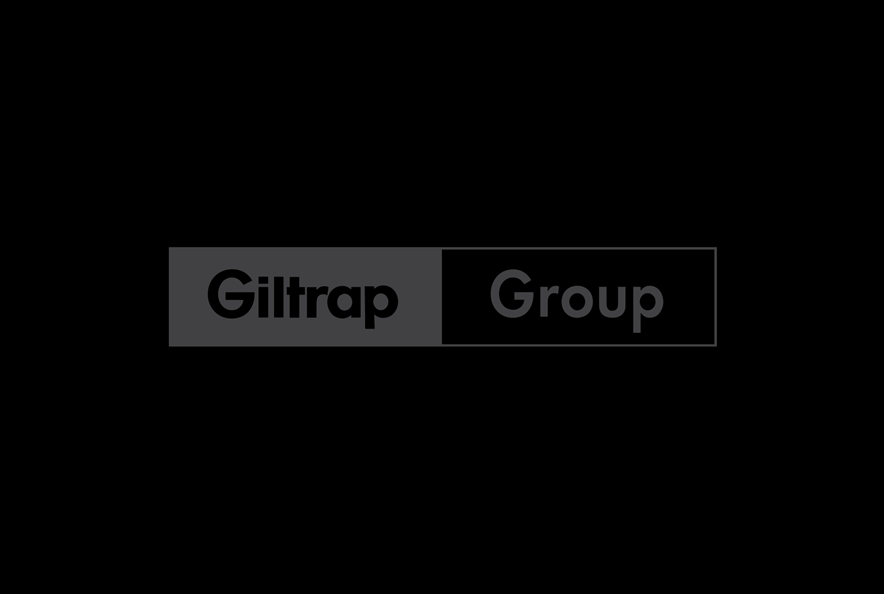Driving force
He led New Zealand through some of the most tumultuous events in recent decades, dared to suggest a change to the national flag and shocked the political world with his sudden departure. But rather than regrets, Sir John Key remembers his time in Parliament as the most remarkable and exciting time in an eventful life.

